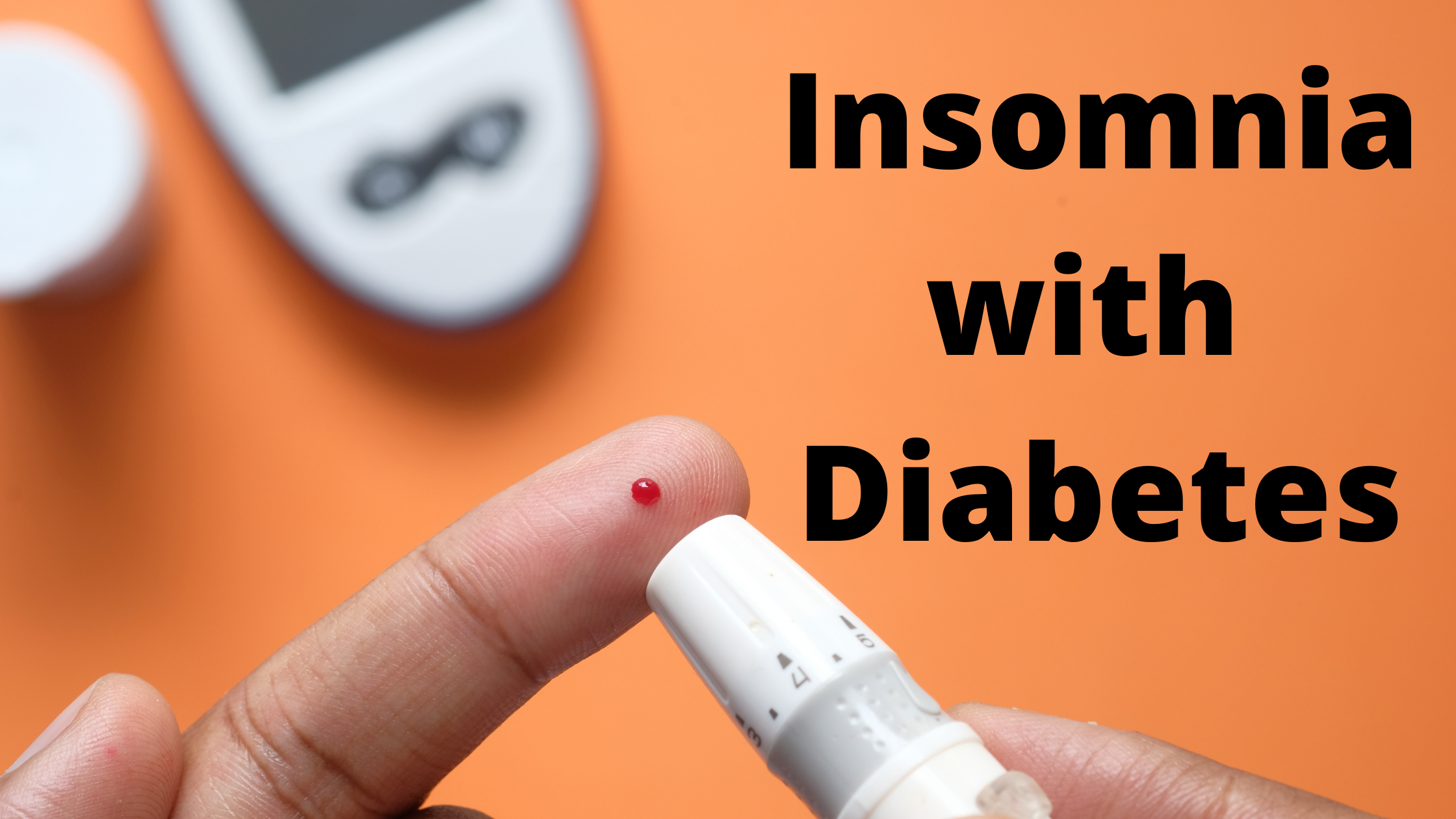
Diabetes affects more than 30 million people in the United States. It is also the 7th leading cause of death. The most common form is Type 2 Diabetes, which is an acquired condition of insulin resistance. There are many factors that play into the development of this disease, including genetics, lifestyle, and habits. One of those habits is sleep. There is a tight relationship between sleep and diabetes, and understanding the management of one may help the other. Continue reading to find out more about this relationship and what you can do about it.
How diabetes affects sleep
Diabetes is a disease characterized by blood glucose, or sugar levels. Normally, when you eat something, sugar is broken down into monosaccharides called glucose. Insulin is released by your pancreas and is required for glucose to enter the cells of your muscles and other organs. Excess glucose goes to the liver to be converted into storage, called glycogen, and fat cells that are used for energy reserves.
Diabetes Type 2 has insulin that doesn't work properly. Therefore, more sugar stays in the blood than normal. Your body has several mechanisms it tries to lower, including frequent urination. Nocturia, or urinating throughout the night, is a common symptom of hyperglycemia (or high glucose levels in the blood). It's very hard to get good sleep when urinating so often.
Also, hyperglycemia can cause headaches, increased thirst, and fatigue that can interfere with falling asleep.
However, hypoglycemia is the opposite, where blood glucose levels are way too low. This can occur in those who go a long time without eating or drinking, or overtake their diabetes medicine, which can lead to hypoglycemia. Hypoglycemia can cause nightmares, nighttime sweating, or irritation and confusion. Hypoglycemia can also cause long-term brain damage, the longer it continues, eventually leading to death if not reversed.
How poor sleep affects diabetes
The relationship between sleep and diabetes is bidirectional. Before someone is even diagnosed with diabetes, poor sleep is associated with higher glucose levels. This is because when you're sleeping and enter restorative slow-wave sleep, your body is performing many restorative and reparative functions. It uses glucose to provide the energy for these functions. If you're not getting that sleep, then those functions aren't happening, and the hormonal rhythm that controls glucose levels isn't happening either.
This can put you at risk for prediabetes. Those with diabetes also have sleep deprivation can increase the levels of insulin resistance. Poor sleeping can also lead to higher releases of ghrelin, a hormone that signals to your brain that you're hungry. Ghrelin opposes the work of insulin and also increases cravings for poor foods. This can lead to increased obesity, which is a risk factor for diabetes.
Sleep disorders associated with diabetes
Two sleep disorders are highly associated with diabetes: restless leg syndrome (RLS) and obstructive sleep apnea (OSA).
Diabetic neuropathy is a complication of diabetes where there is blood vessel damage that leads to the death of nerves in the extremities. Restless legs syndrome is the feeling of pain, irritation, or tingling that can only be resolved by moving the legs. The two are very similar and both negatively impact sleep.
OSA is a sleep disorder where one momentarily stops breathing throughout the night due to a blockage of the airflow. They wake up and start breathing again, interrupting their normal sleep pattern. Normally, individuals are not aware of this, but they wake up feeling extremely tired and are unsure why. OSA usually occurs in those who are overweight or obese, which are risk factors for diabetes.
How to improve sleep
Careful management of blood sugar levels can improve sleep for people with type 2 diabetes. Sleep hygiene is particularly important for those with diabetes. Daytime and nighttime routines involving regular exercise, a good diet that controls blood sugar, avoiding stimulants like caffeine or nicotine, and sleeping in a cool, dark room are all ways to improve sleep and health.
If you are having trouble sleeping and think that it is worsening your health, then it's important to get help as soon as possible. Click the orange button below to take a free online sleep test and speak with one of our sleep health professionals.
https://www.sleepfoundation.org/physical-health/lack-of-sleep-and-diabetes

